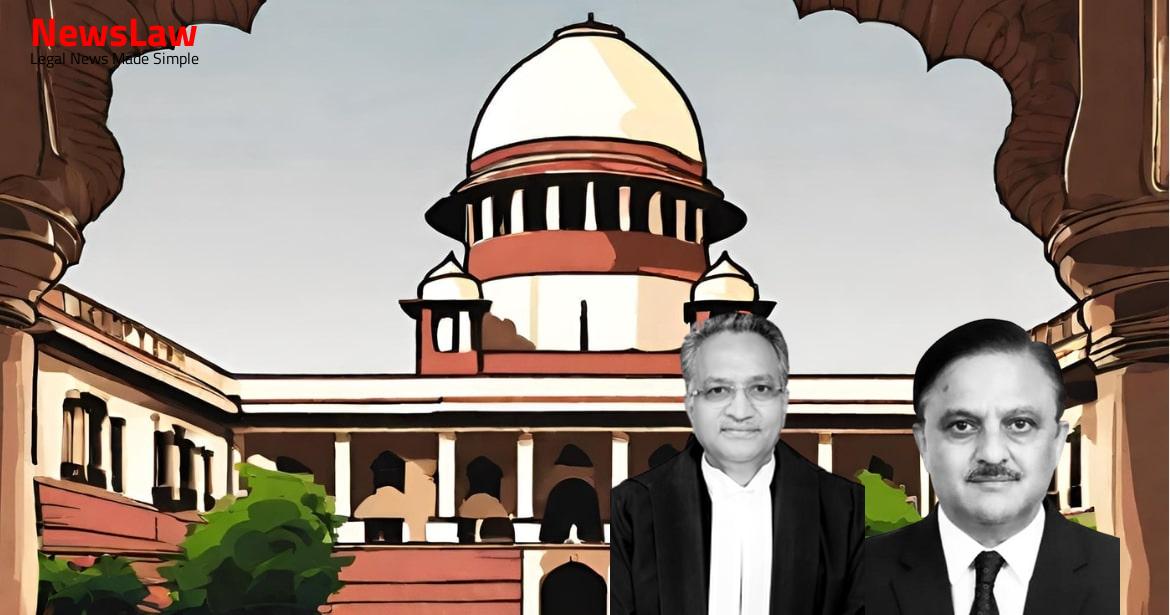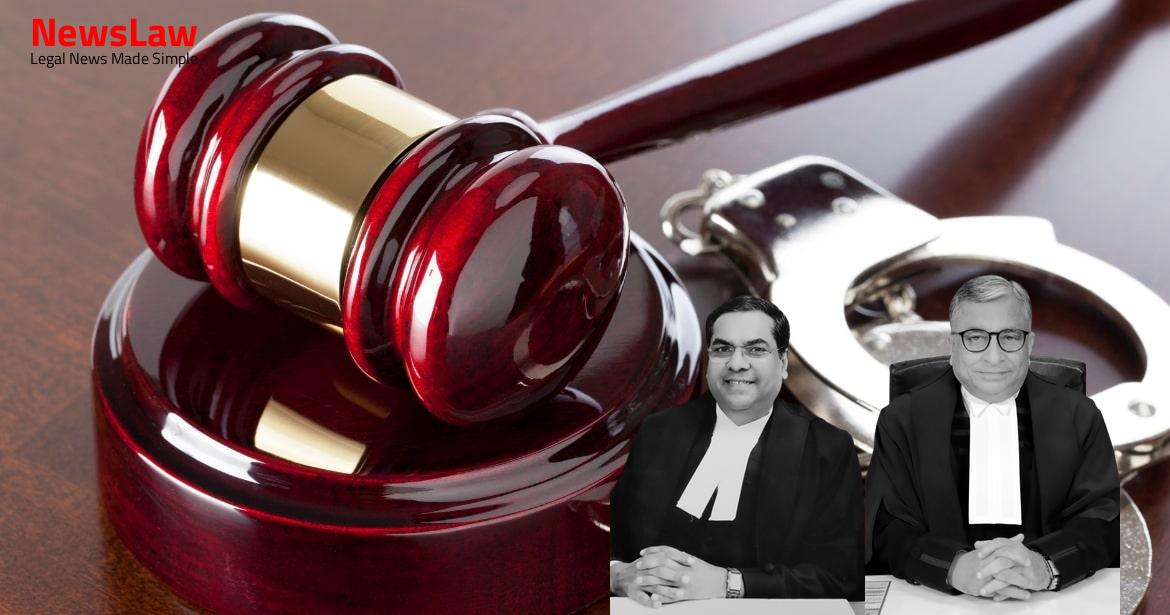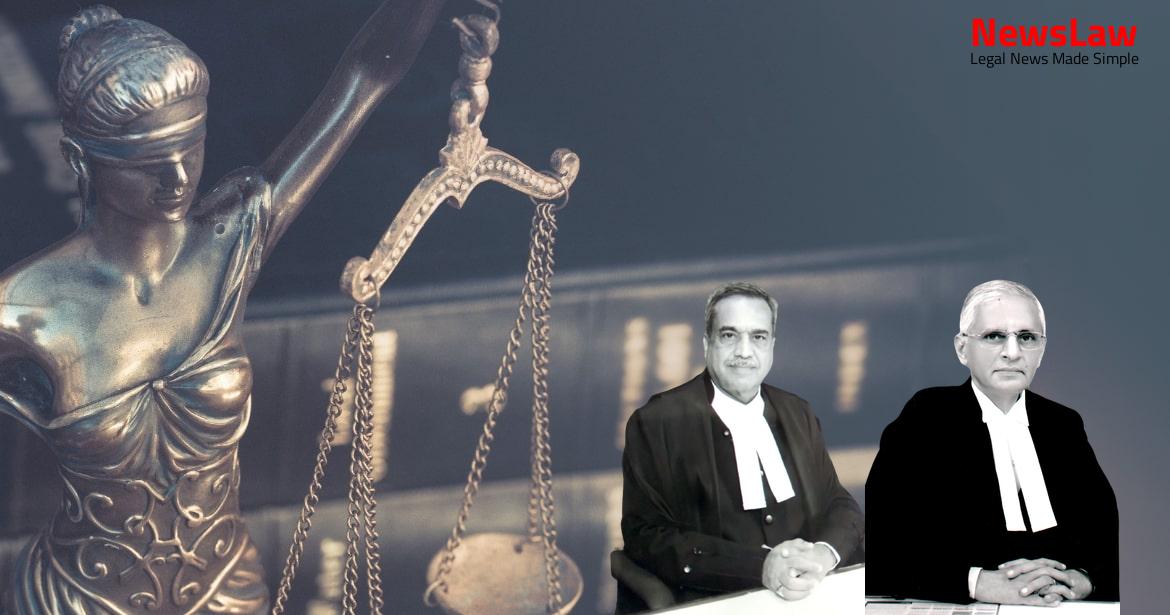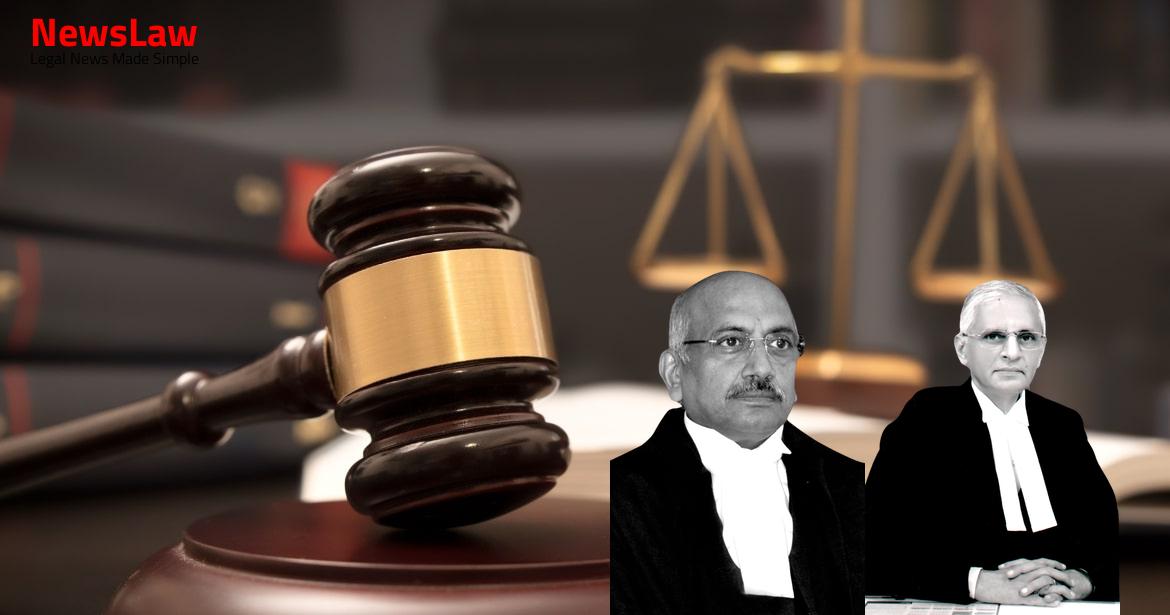The court’s thorough legal analysis in a recent case sheds light on the process of determining juvenility in criminal cases. The court highlighted the significance of following the Juvenile Justice Act provisions and the exclusive jurisdiction of the Juvenile Justice Board. This case underscores the importance of upholding the rights of juveniles in conflict with the law and ensuring proper legal procedures are followed.
Facts
- Applicant-petitioner no.1 in SLP (Crl.) No. 5604 of 2009 (accused no.2) was convicted by the Sessions Court on 16 May 2006 for the offence punishable under Section 302 of the Indian Penal Code.
- The applicant was sentenced to undergo life imprisonment.
- Special Leave Petitions (Crl.) Nos. 5604-5605 of 2009 were filed by the applicant
- Juvenile Justice Board held an inquiry and determined the correct date of birth as 16 May 1986
- Applicant filed a Miscellaneous Application asserting he was a juvenile at the time of the offence
- High Court of Allahabad dismissed appeals of the applicant and others
- Oral and documentary evidence was presented before the Juvenile Justice Board
- The offence occurred on 8 January 2004
- Applicant claims to have been a juvenile based on High School results
- Special Leave Petition of the applicant was dismissed by the Court on 13 August 2009
Also Read: Legal Interpretation of Overriding Effect in Food Safety Legislation
Analysis
- The Juvenile Justice Board had exclusive jurisdiction to try a juvenile in conflict with the law under the 2000 Act.
- Claims of juvenility were required to be determined as per the provisions of the 2000 Act.
- The Juvenile Justice Board recorded a finding after considering the documentary evidence on record.
- An accused was entitled to raise a claim of juvenility under Section 7A of the 2000 Act even after the final disposal of the case.
- Sub-section (2) of Section 7A mandates that if the accused is found to be a juvenile on the date of the offense, they must be forwarded to the Juvenile Justice Board.
- The sentence passed by the Criminal Court will have no effect if the accused is found to be a juvenile.
- In this case, the Juvenile Justice Board has based its finding on documentary evidence.
- The applicant must be forwarded to the Juvenile Justice Board as per the provisions of sub-section (2) of Section 7A.
- The most severe action under Section 15 of the 2000 Act that could have been taken against the applicant is sending them to a special home for three years.
- The applicant in this case has already undergone a sentence of 17 years and 3 days as of 01 August 2021.
- Sending the applicant to the Juvenile Justice Board at this point would be unjust as per the circumstances of the case.
Also Read: Analysis of Improper Grant of Bail in the Director of Enforcement v. Bablu Sonkar Case
Decision
- Sanjay Patel, accused no.2 in Sessions Trial No.28 of 2004, has filed a Miscellaneous Application.
- The Miscellaneous Application is allowed in the above terms.
- Sanjay Patel shall be set at liberty provided he is not required to be detained under any other order of the competent Court.
Also Read: Withdrawal of Offending Statements in Defamation Case
Case Title: SANJAY PATEL Vs. THE STATE OF UTTAR PRADESH (2022 INSC 424)
Case Number: MA-001997 / 2021



